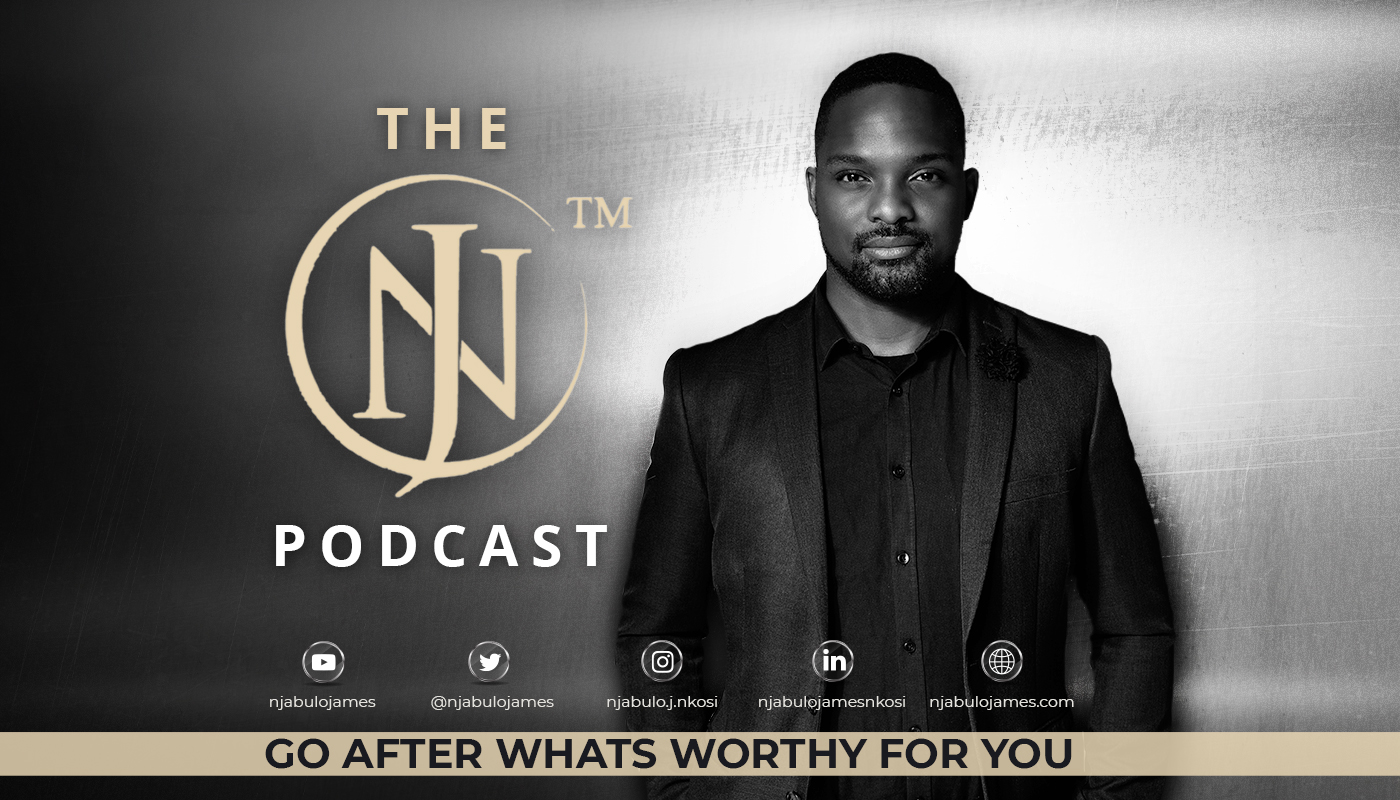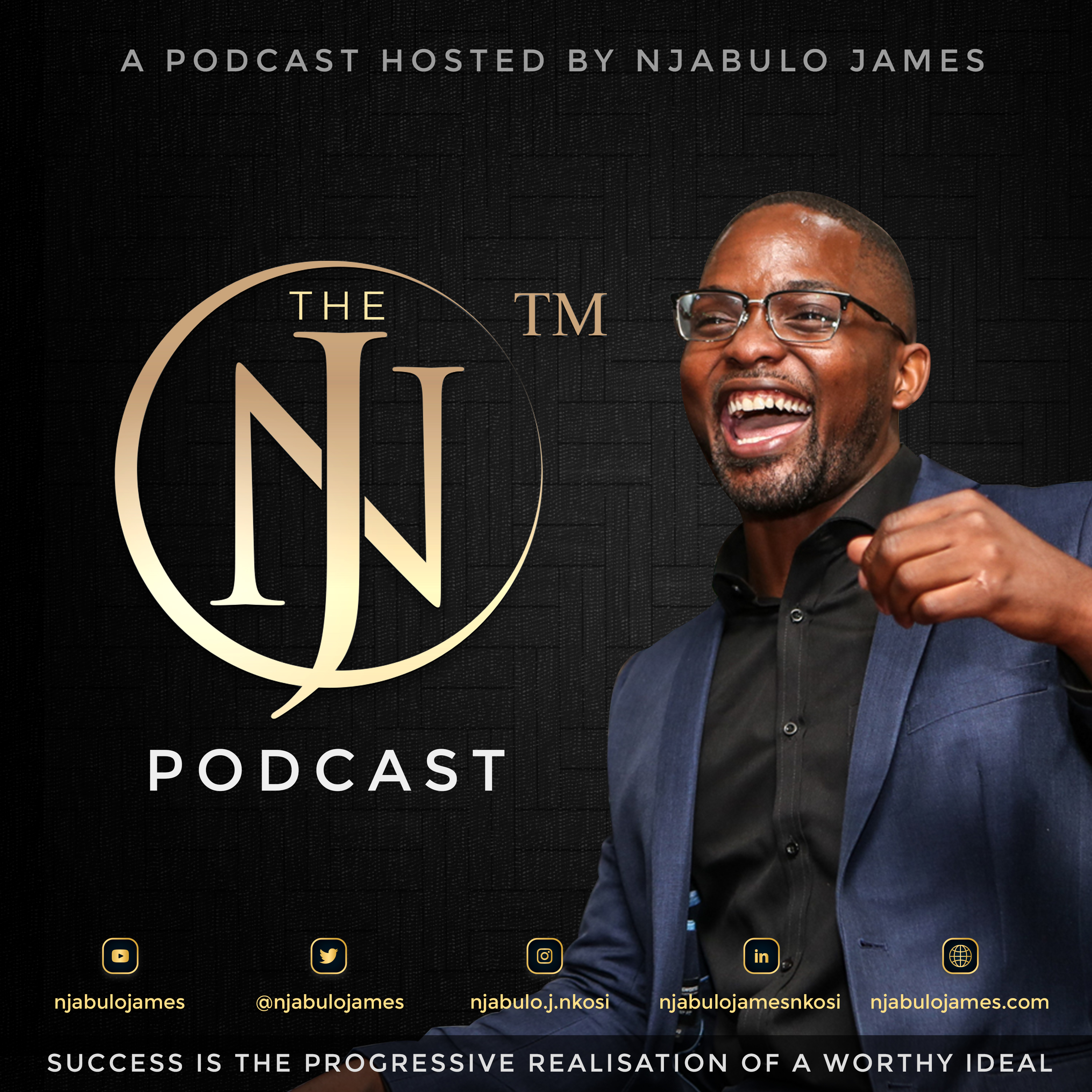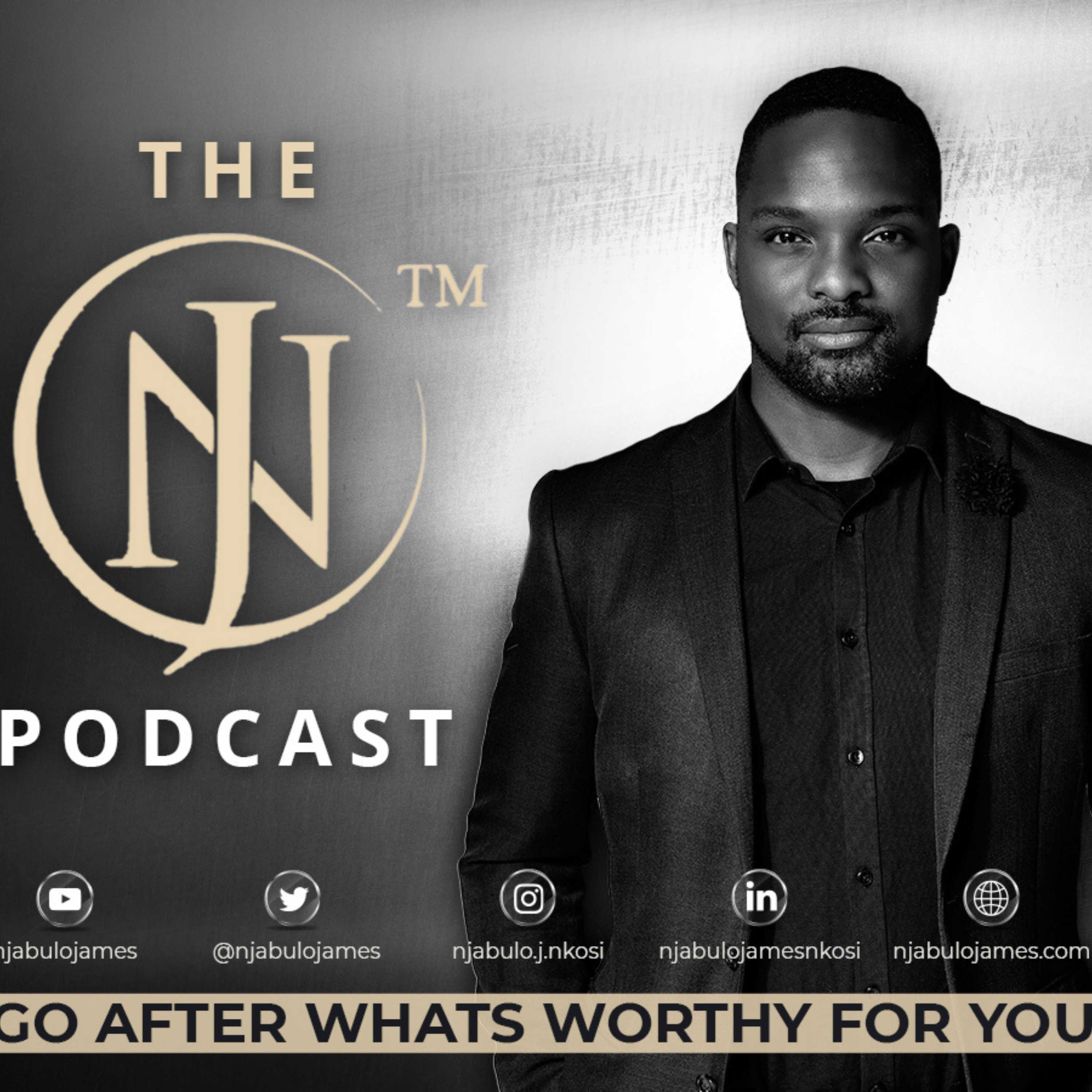Everyday Series | Season 1 | Significant Lessons Saturdays | 008 | Tony Robbins
In this episode, we will unpack lessons from Tony Robbins.
He is an American, speaker, author, business and life strategist. He has worked with statesmen, businessmen, entertainers, sports personalities and people from all walks of life. He has devoted over three decades to improving people's lives. Over 4 million people from 120 countries have attended and been impacted by his live seminars, best-selling books and audio programs. The companies that he is involved in gross over $6 billion in revenue per year. I have been blessed to have witnessed him speak on stage for 3 hours in fabulous Las Vegas Nevada in December 2015. There are countless life-changing lessons corporations, entrepreneurs and consultants can learn from him. His name is Tony Robbins and here are some lessons we can learn from him.
Raise Your Standards
"If you want to change your life you have to raise your standards"
The number one thing that you need to do - the only thing - to change your business, relationships and life is to raise your standards. This means that the actions that you believed you 'should' do become the things you 'must' do. People and organisations only get their musts, and what they are only willing to tolerate - regardless of what is going on outside. Those with a standard to always be profitable - regardless of what is going on in the marketplace - always make a profit. The difference in people is their standards and nothing else. Robbins was once broke and out of shape but he raised his standard hence he is where is today - and he teaches others to do the same. If you want to change the direction of your life or company simply raise your standards.
Change The Story
"If you are going to make a change, you're going to have to operate from a new belief."
Human beings have a strong desire to act consistently with who they believe they are - organisations will always gravitate to what they believe they are. Belief is rooted in your values and outlooks. If you value watching series over reading constantly, then when you want to watch series less but haven't changed your belief then you won't get the result you are looking for. Robbins mentions three 'S's' in personal change. Strategy (means and operations of getting things done), state (the emotional mindset one is currently in) and the story (your belief systems and values). If you wanted to change your body to lose weight, there are an overabundance of strategies out there, and your state can change. The only thing that will ensure lasting change is if you change your story as you will always act consistently with what you believe in.
What You Focus On You Move Towards
"Your life is controlled by what you focus on"
Where focus goes, energy flows. If there is a problem, those who focus on the problem will not be able to come up with a solution. If there is a problem and you focus on the solution, you will spend most of your energy moving forward to the solution. Robbins advocates problem-solving and this begins with the change of focus. The following three questions can assist in changing your focus:
- What am I going to focus on?
- What does it mean?
- What are you going to do?
Here is an example: we have faced some tough economic times and they will have a different meaning according to the focus you give them. You can choose to focus on the opportunities or the stress, you can associate a positive or negative meaning and you can decide to act or not. This will only depend on what you focus on.
Contribution
"Only those who have learned the power of sincere and selfless contribution experience life's deepest joy: true fulfillment."
The ultimate fulfilment comes from the contribution that you make to other people's lives. The most successful people and organizations know this. Andrew Carnegie, the steel magnate who was worth over $400 million ($310 billion in today's terms) spent the first half of his life accumulating a fortune and the last half giving it away. Robbins has a company that feeds millions of people every year and this is because when he was younger, someone contributed to his family by helping to feed him when he was struggling. When you contribute you open up doors to receive more and you feel more fulfilment than if you do not contribute. Be sure to always contribute more than anyone else.
Resourcefulness Is The Ultimate Resource
"It's not resources but resourcefulness that ultimately makes the difference."
Everybody fails. Failure is a part of life and when failure occurs there are always reasons why we fail. We may attribute the failure to not having the right people, processes, systems, technology; leader, money, time, corporate buy-in and sign-offs. However, the reasons we may list are a claim to missing resources which is not the real reason. Robbins in his TED talk 'Why We Do What We Do' (one of the most-watched TED talks of all time) posed the question 'why you failed' to the audience. The audience all gave the same hypothesis of missing resources but he argues that resourcefulness is the ultimate resource. Resourcefulness comes from creativity and deep human emotion. If a person or company is creative and innovative enough they will attain whatever resource is necessary to succeed. Tap into human emotions that will make you resourceful.
Decisions Shape Your Destiny
"At any moment the decision you make can change the course of your life forever."
Your life is the sum total of the decisions you have made until today. One decision can change the course of your life. Murder is an example that a decision can change the course of your life. As well as you can commit to a negative decision, you can commit to a positive decision. A decision comes from the Latin word which means to literally 'cut-off'. So when you have made a true decision, you are committing to that course of action indefinitely or else it is not a true decision. A company can choose to change its course by hiring a new CEO and you can change the course of your life by making a key decision; so choose carefully as decisions shape your destiny.
Understand the 6 basic human needs to understand the customer
“I discovered a long time ago that if I helped enough people get what they wanted, I would always get what I wanted and I would never have to worry.”
In the world of information technology, there is a discipline of user experience design. The central principle of this discipline is to know thy user - focus all your efforts based on what the user wants. If you as the organisation or person do not know thy user, then you have set yourself up to not add as much value to the most important person: the customer. Customers value experiences based on their deep-seated human needs. Robbins notes the six human needs are:
- Certainty: knowing that there is a level of certainty provides comfort.
- Uncertainty: humans need variety and there is a tendency to get bored with the status quo.
- Significance: all customers want to be legitimised and made to feel significant because they are.
- Love and connection: customers all have a need for intimacy and connection. The best brands are efficient and building this connection.
- Growth and contribution: customers need to develop and contribute to the world.


